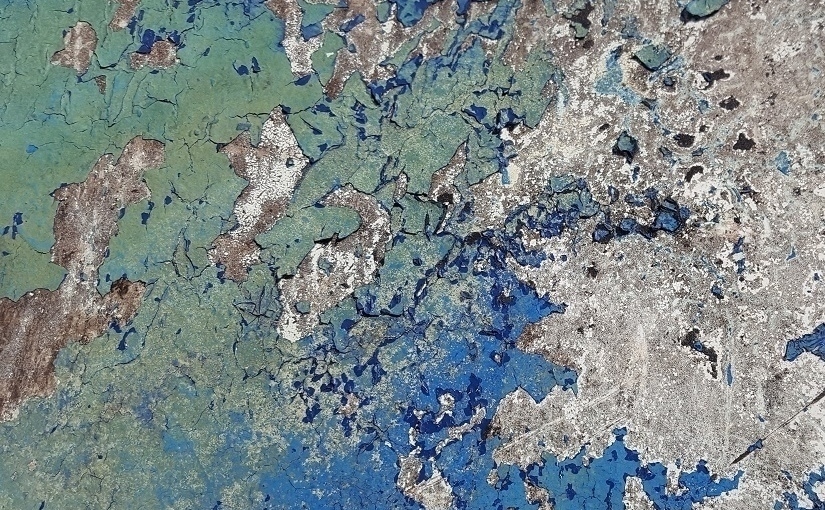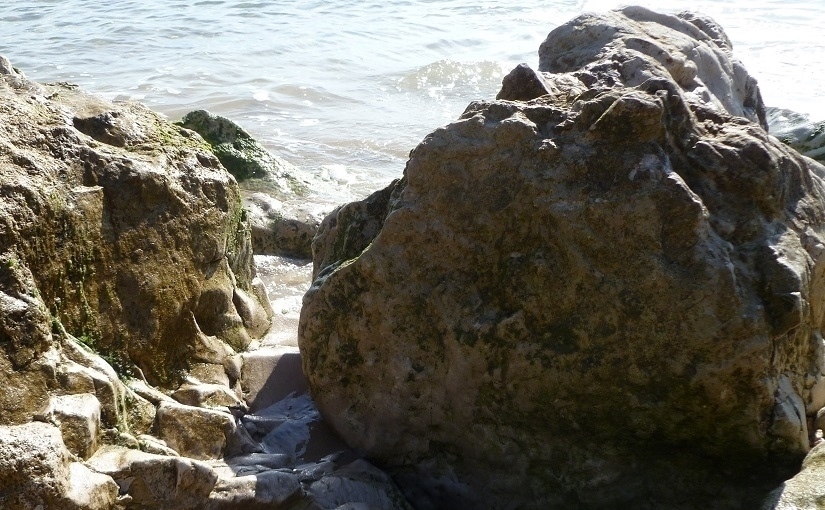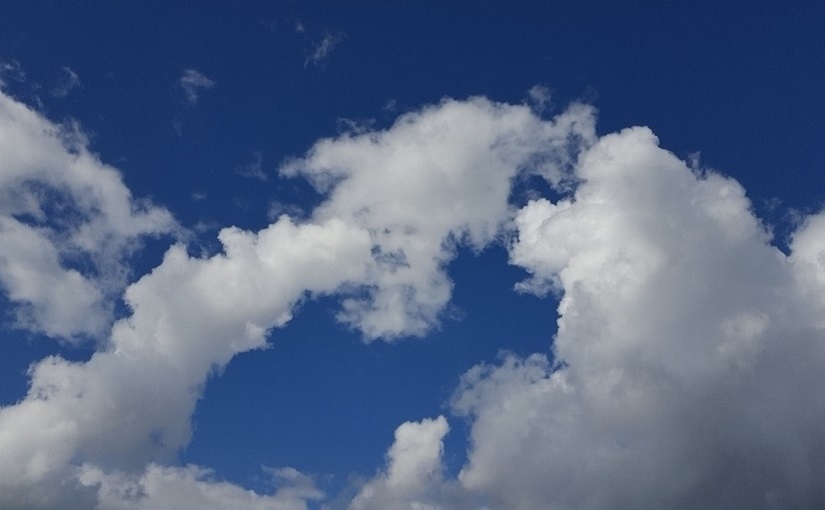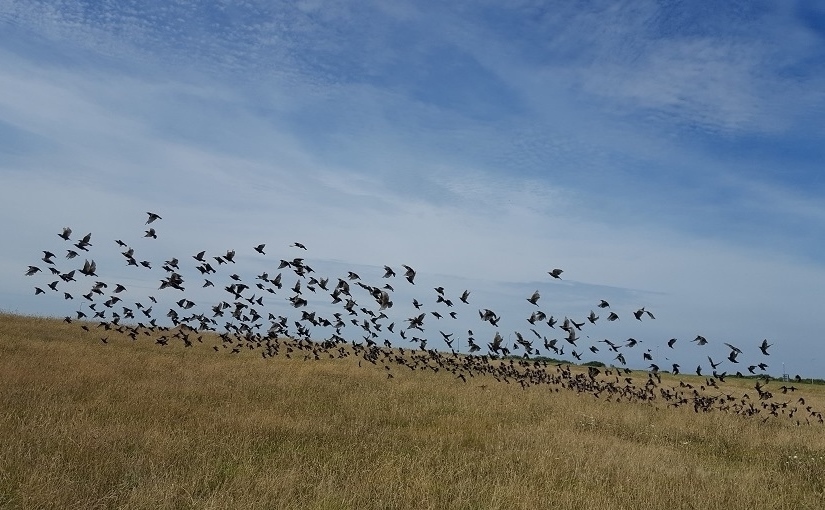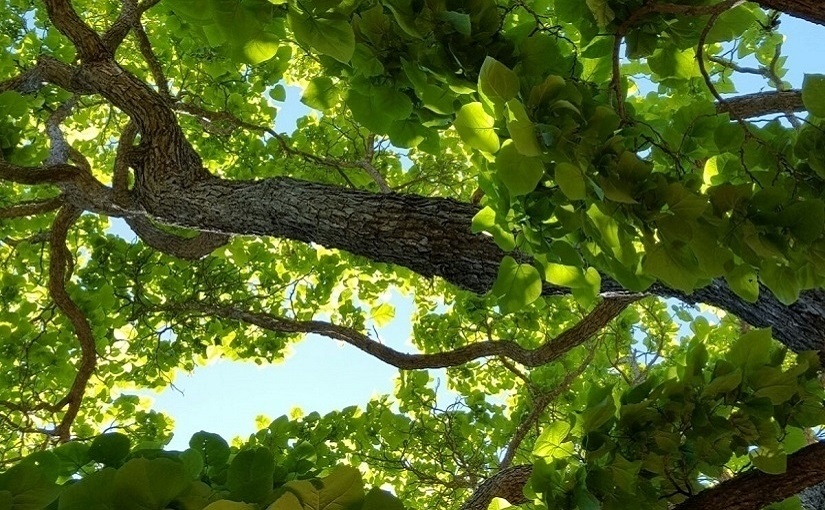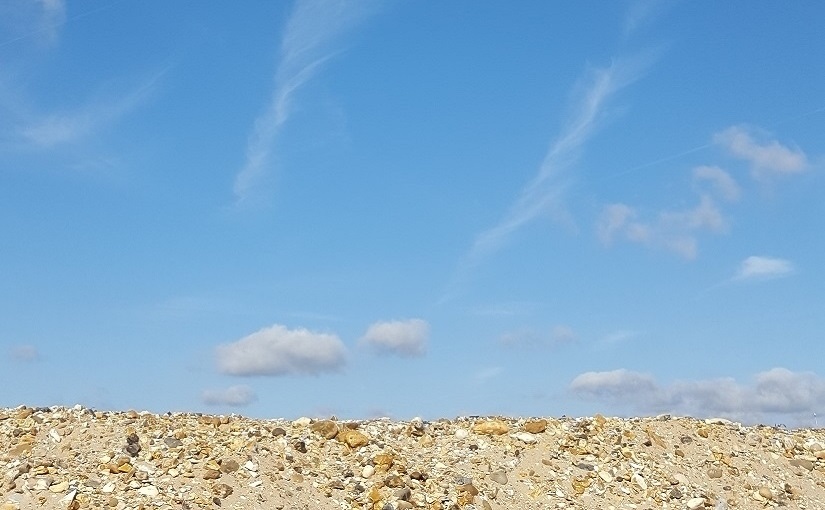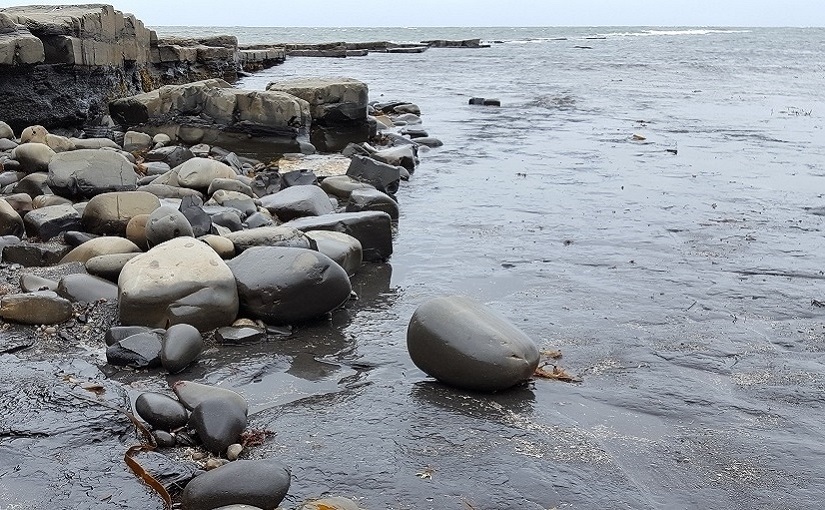Life isn’t straightforward and maybe it never really has been, but surely modern life has a whole new layer of complexity: we’re aware of everything, or we can be. We no longer live simply within our own society and culture, but simultaneously within a global one and in the light of how our narrower interests impact others now and have done in the past.
Previously those impacts were relatively easy to cover up as people were spun a tale of national mythology; now we can hear things from almost any perspective and in any number of voices. Information isn’t as easily controlled as it once was; which is good in many ways but also pretty challenging (see Notes One).
How can the human mind rise to these challenges, find firmer ground on which to stand, and begin working together in this new way? Because it seems technology has ‘come of age’ in a sense: the initial enthusiasm and novelty has worn down into a more realistic and practical sense of both the opportunities and obstacles being presented to us.
And, while it clearly offers great advantages and capabilities, it’s also showing itself to be quite difficult to master (Note Two). Yet it is now shaping our lives and the lives of coming generations at this unprecedented speed. We’re aware children are experiencing the world in a fundamentally different way (and uncertain over the implications), but as adults we’re also often caught up in the flow of it all.
I mean, notions of knowledge and communication are shifting: do we need to know anything, or merely how to find out; is communicating a significant social responsibility or can we define it ourselves? The pace of life and information has likewise changed, as stories happen instantaneously and outlets compete with ever more dramatic ways to meet demand or capture revenue.
It’s all quite overwhelming; not only the volume of information, but the means by which it seeks to make itself known. Then there’s advertising, the eye-catching world of entertainment in its various forms, and the overlays of opinion or agenda. Questions around the ultimate value of all this and the human capacity to respond wisely to it seem fairly crucial at this point (Notes Three).
Because, to my mind, culture is where we seek to give life meaning; whether that’s through reflecting on current events, immersing ourselves in stories, or considering the things modern society has to offer. How much meaning is contained within what’s going on right now and how well it serves us, I’m not entirely sure (Note Four).
Life now is almost unavoidably complex. With all this knowledge at our fingertips, we now have to learn how best to work with it without simply being swept along or throwing our intelligent hands up in resignation or despair. It doesn’t seem a reality we can avoid though and, given how so much is operating as a marketplace, it seems the real choice within it all may lie in our response.
Notes and References:
Note 1: History as a process of changes
Note 1: Communicating divergent experiences
Note 1: How do we find a collective vision?
Note 2: The potential of technology
Note 3: “Brave New World Revisited”
Note 3: Media within democratic society
Note 4: Missing something with modern culture?
Then there’s Patience with the pace of change, which looked at technology and modern life.

